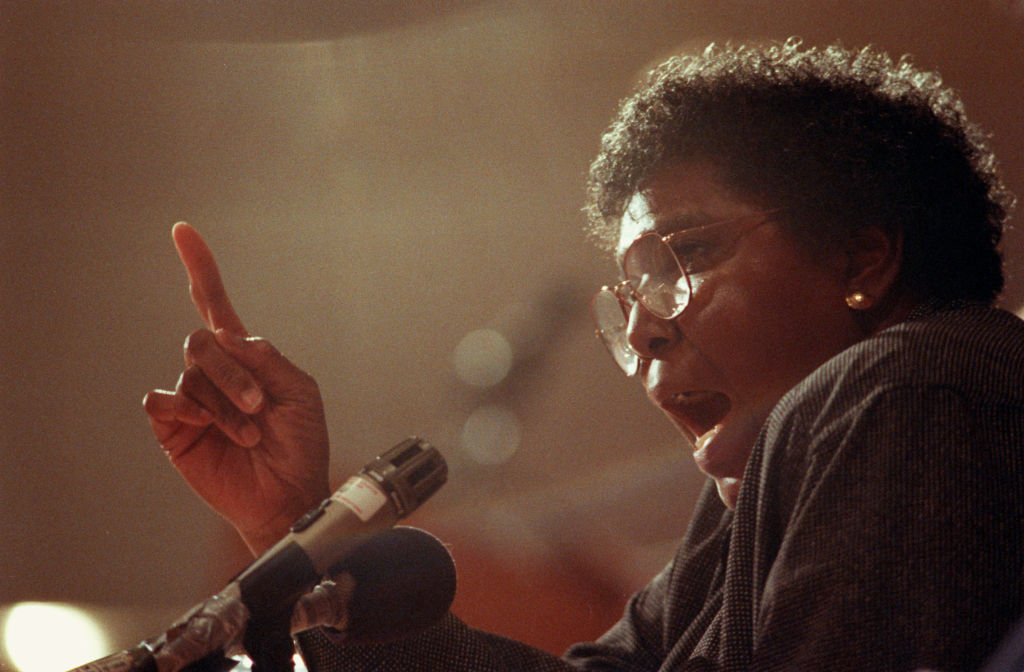How Building Better Habits Can Help Black Women Discover The Truth About ADHD

Source: Daniel de la Hoz / Getty
This year, I made a vow to build better habits. I had clear goals for the various areas of my life but knew my routines had to change to achieve them. As I worked through my list, I recognized two things that showed up no matter what I was doing. First, difficulty staying focused and second, impulsive behavior.
Whether sitting at the desk to work, holding a conversation on the phone, or simply grocery shopping, my mind was never fully on the task at hand. At first, I wrote it off as a result of having many responsibilities. Of course, compartmentalizing is difficult when you’re juggling so much, right? However, when I found myself immediately acting on thoughts about the next project or task, causing me to never really finish what I started or to be delayed, I began to think something deeper was happening.
“Maybe I have ADHD,” I said to myself jokingly. That random thought led me down a rabbit hole of research and ultimately began my healing journey.
According to an article by KFF Health News, attention deficit hyperactivity disorder is one of the most common undiagnosed and misdiagnosed mental health disorders among Black women and girls.
“Already subject to unique discrimination at the intersection of gender and race, Black girls with ADHD often remain undiagnosed because their symptoms are mischaracterized. Signs of inattentiveness or impulsivity, two main features of the disorder, could be mistaken for laziness or defiance,” the article stated.
Studies show that by kindergarten, Black children in the United States are 70% less likely to receive an ADHD diagnosis than otherwise similar white children. Another study found that by 10th grade, white children are nearly twice as likely to receive a diagnosis for ADHD as Black children.
Additionally, adult ADHD symptoms may not be as clear as ADHD symptoms in children. In adults, hyperactivity may decrease but struggles with restlessness, disorganization, and problems prioritizing may continue.
RELATED: How To Perform Mental Health Screenings At Home
Other signs include poor time management skills, trouble multitasking, excessive activity, low frustration tolerance, frequent mood swings, problems following through and completing tasks, and trouble coping with stress.
The Mayo Clinic notes that certain ADHD symptoms are similar to those caused by other mental health conditions like depression or anxiety. Also, experiencing symptoms similar to ADHD at some point in life is common. One should seek medical attention when symptoms can be traced back to early childhood and continually disrupt your life.
In my quest for more information, I also discovered Black Girl, Lost Keys. Birthed by Dr. Rene Brooks after her own ADHD diagnosis, this blog is dedicated to educating and empowering Black women with ADHD. The accompanying support group, Unicorn Squad, is thousands of members strong and helps people beat the incapacities associated with mental illness every day.
The platform equips readers with tips on managing ADHD during high-stress situations, daily tasks, and everything in between.
This new knowledge helped me get to the root of my problem. While I have not been formally diagnosed, I now have answers to the why of my behavior and strategies to help change it.
SEE ALSO:
Jussie Smollett Says Black Women Saved His Life
Just 10 Minutes of TikTok Can Negatively Impact Your Mental Health
The post How Building Better Habits Helped Me—and Other Black Women—Discover the Truth About ADHD appeared first on Elev8.





